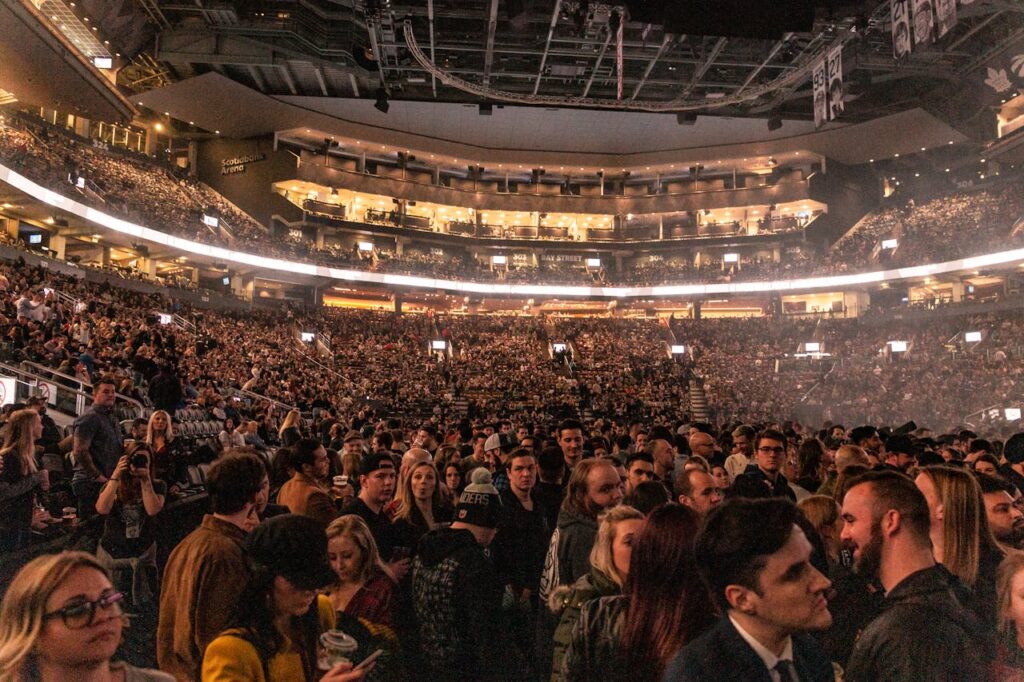In recent years, the debate over whether people should be allowed to resell tickets on secondary markets or sell them back to primary markets has intensified. Some argue that ticket resale contributes to inflated prices and unfair practices, while others believe it provides essential flexibility and opportunity for both buyers and sellers. This article explores the reasons why ticket resale should continue to be permitted and how it benefits the overall ticketing ecosystem.
1. Flexibility for Consumers
Life is unpredictable, and plans can change at a moment’s notice. Allowing ticket resale provides consumers with the flexibility to adapt to these changes. If someone cannot attend an event due to unforeseen circumstances, they should have the option to resell their ticket, recoup some or all of their costs, and prevent the ticket from going unused. This flexibility ensures that more seats are filled and that the event can be enjoyed by someone else.
2. Access to Sold-Out Events
Secondary markets provide access to tickets for events that have sold out on primary platforms. Fans who were unable to secure tickets during the initial sale can turn to secondary markets as a valuable resource. This access can be particularly important for highly anticipated concerts, sports events, or theater performances where demand exceeds supply. By enabling ticket resale, we ensure that more fans have the opportunity to attend their favorite events.
3. Economic Opportunities for Sellers
For many, selling tickets on secondary markets is a legitimate way to earn income. Whether it’s professional ticket brokers or individuals looking to sell extra tickets, the ability to resell provides economic opportunities that can be beneficial, especially in financially challenging times. This economic activity also contributes to the broader market, supporting jobs and businesses related to the ticketing industry.
4. Price Regulation Through Competition
The presence of a secondary market can help regulate prices through competition. While there are concerns about price gouging, a competitive market often leads to more reasonable pricing as sellers compete to attract buyers. This competition can mitigate extreme price inflation and provide more options for consumers. Additionally, some platforms implement price caps or other regulatory measures to ensure fair pricing practices.
5. Enhanced Customer Satisfaction
Allowing ticket resale can enhance overall customer satisfaction by offering more options and flexibility. Primary ticket markets can sometimes have restrictive policies, leaving consumers with limited recourse if they can no longer attend an event. Secondary markets fill this gap by providing a platform for ticket exchange, fostering a positive experience for buyers and sellers alike.
6. Event Promotion and Reach
Secondary markets can contribute to the promotion and reach of events. When tickets are available on multiple platforms, it increases visibility and accessibility, potentially attracting a broader audience. This extended reach can be particularly beneficial for events that rely on word-of-mouth and social media promotion to drive ticket sales.
7. Sustainable Practices
From a sustainability perspective, ticket resale ensures that tickets do not go to waste. An unused ticket represents lost revenue for event organizers and a missed experience for a potential attendee. By allowing resale, we maximize the utility of each ticket sold, supporting the economic sustainability of events and venues.
The ability to resell tickets on secondary markets or sell them back to primary markets is crucial for a flexible, competitive, and consumer-friendly ticketing ecosystem. It provides essential benefits such as flexibility for consumers, access to sold-out events, economic opportunities for sellers, price regulation through competition, enhanced customer satisfaction, broader event promotion, and sustainable practices. By maintaining and supporting these resale options, we ensure a vibrant and dynamic market that serves the needs of all participants in the ticketing industry.



